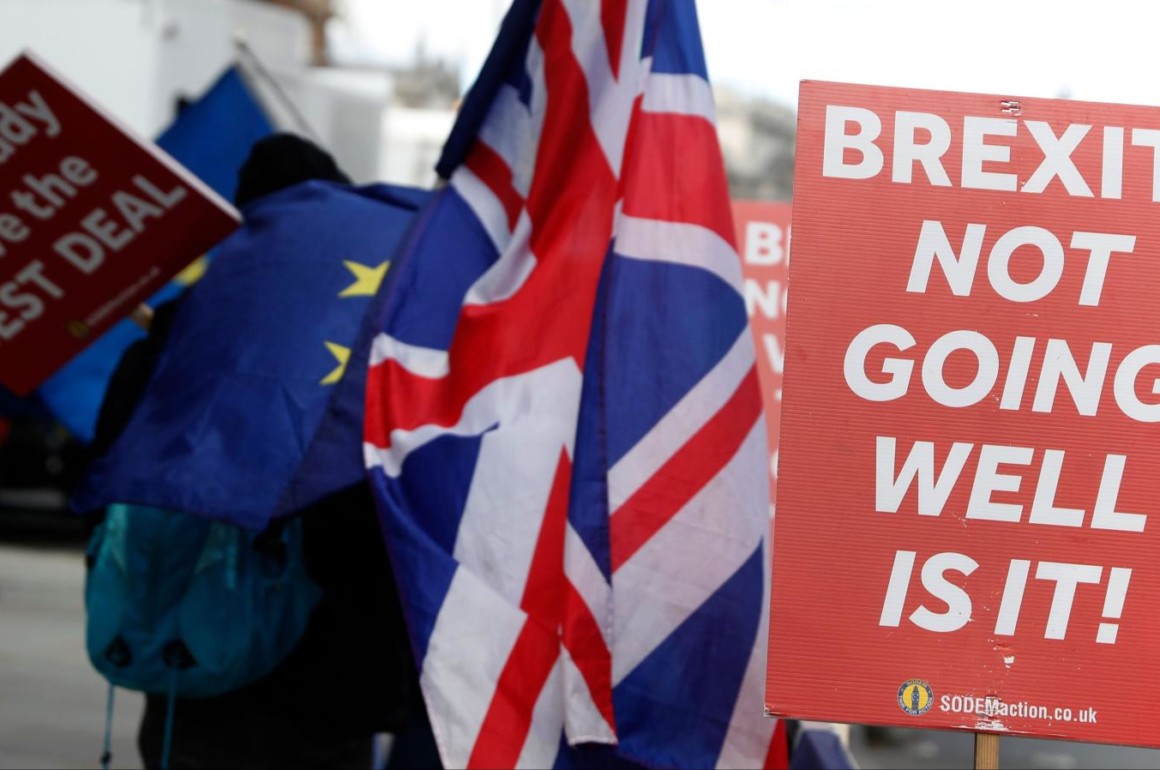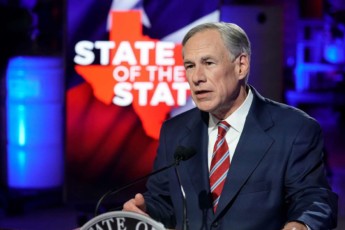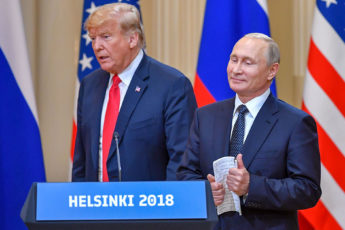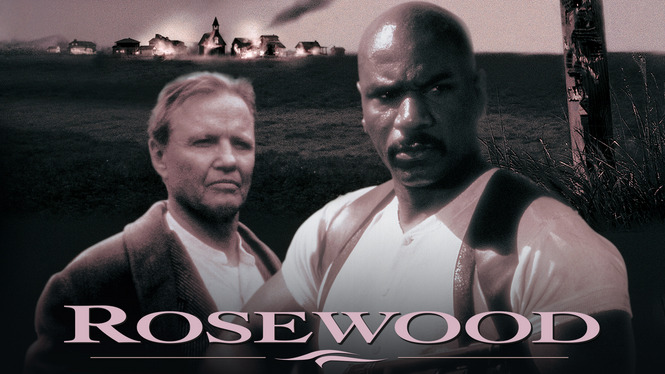
A look at where Brexit currently stand for those of us who have not been following very closely. Below a brief summary.
2016 was not only a game-changer for American politics, the same was of course true for the UK with Brexit. Incredibly, close on three and a half years after the UK narrowly voted to pull out of the European Union (EU), it’s still very much in it. Deadlines for the UK’s departure seem to have come and gone as much as the Prime Ministers overseeing the Byzantine political intrigue that the referendum result offered up. So, where does that leave the UK now?
With a subtle nod to a lengthy Shakespearian tragedy, with the demise of Theresa May (who had followed the demise of David Cameron), fellow Conservative Boris Johnson ascended to the office of Prime Minister in July of this year. A committed “Brexiteer”, Johnson vowed to have the UK out of the EU by October 31st 2019 or else, to quote, “be dead in a ditch.” However, despite his best / worst efforts, Johnson lost Brexit vote after Brexit vote in Parliament. October 31st 2019 came and went with the UK still in the EU. (Johnson met neither his demise or a ditch post Halloween.)
Consequently, the UK received a further extension from the EU and, as things presently stand, is meant to be Brexiting the EU on January 31st 2020.
Despite many pundits predicting Johnson would have to stand down after such an appallingly lackluster start to his premiership, he has soldiered on. That is against the backdrop of the country becoming increasingly polarized about Brexit. A sizeable number want the UK out on any terms (or none) while another sizeable number favor the UK simply staying in the EU by way of a further referendum that they believe would now validate reversing the original referendum result.
In an effort to finally enact Brexit and to re-establish his authority, Johnson has called a general election for December 12th 2019. In doing so, Johnson is looking for his Conservative party to capture the magic number of 326 Conservative MPs in Parliament, aka a majority. If he can secure that majority, he will be in a much stronger position to have the UK finally leave the EU on January 31st 2020 and broadly on his Conservative party’s terms.
However, should he fail to secure those 326 elected MPs, Johnson has a big problem in that he would have a “minority government” (less than half of the MPS in Parliament would be Conservative) making it much harder to govern.
Johnson’s main rival is Jeremy Corbyn’s Labour Party, with Corbyn being seen more and more likely to favor a second referendum. While it is unlikely that the Labour party would make it anywhere near to 326 MPs being elected, there are many other, albeit smaller, anti-Conservative parties that also sit in Parliament (also very anti-Brexit) that could add their MP numbers to those of Labour and create a de facto anti-Conservative / anti-Brexit majority. That could then potentially thwart Johnson’s wishes; potentially vote him out of office with a “Vote of No Confidence”; and even implement a second referendum.
The pending December election is being touted as the most pivotal election in modern UK political history. While that is undoubtedly true, the aftermath could be even more jaw-dropping. Dependent on the election result then, the Brexit saga may well continue on beyond January 31st 2020.
For intrigue, drama and plot, Shakespeare would no doubt approve.
***











